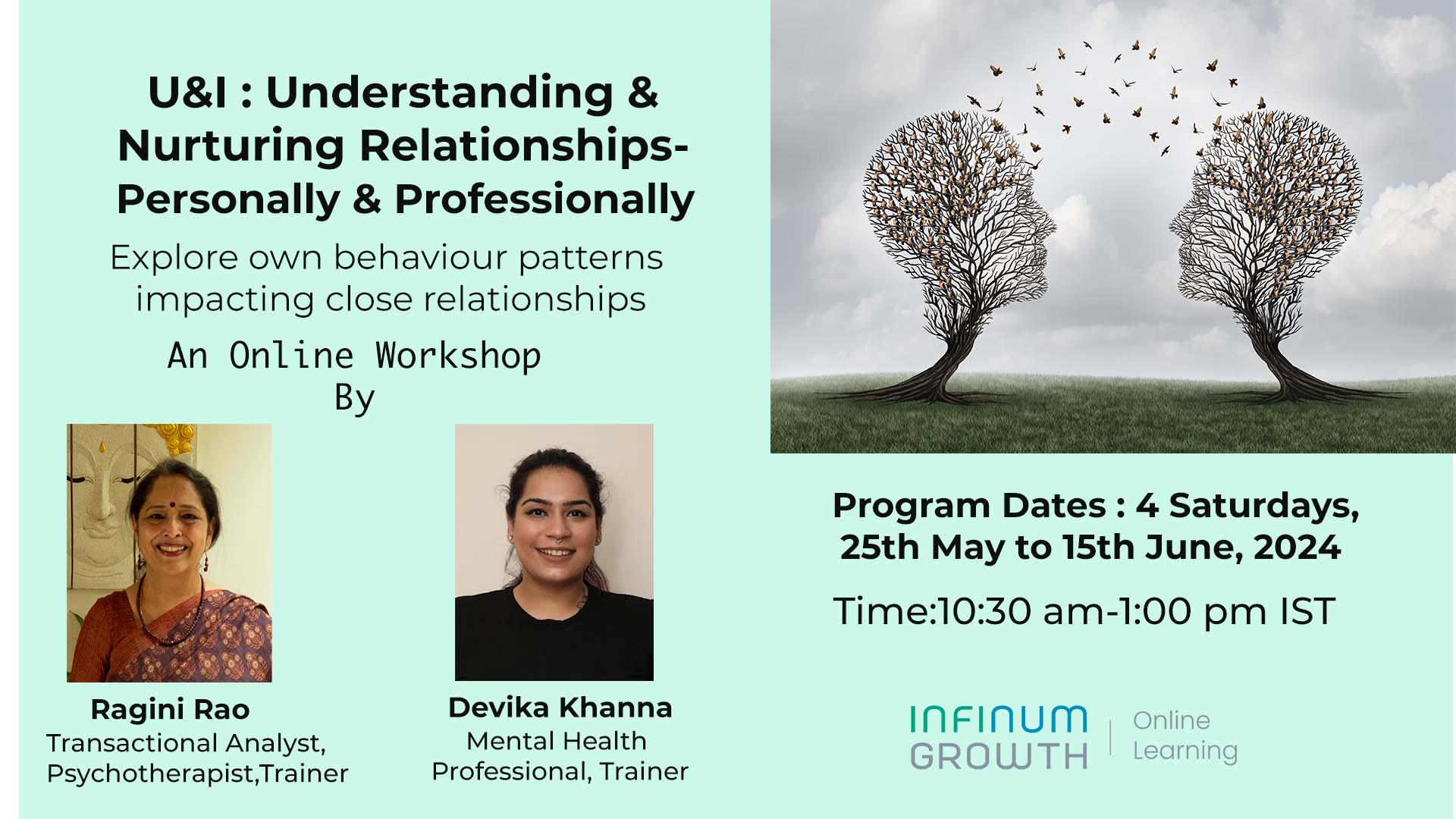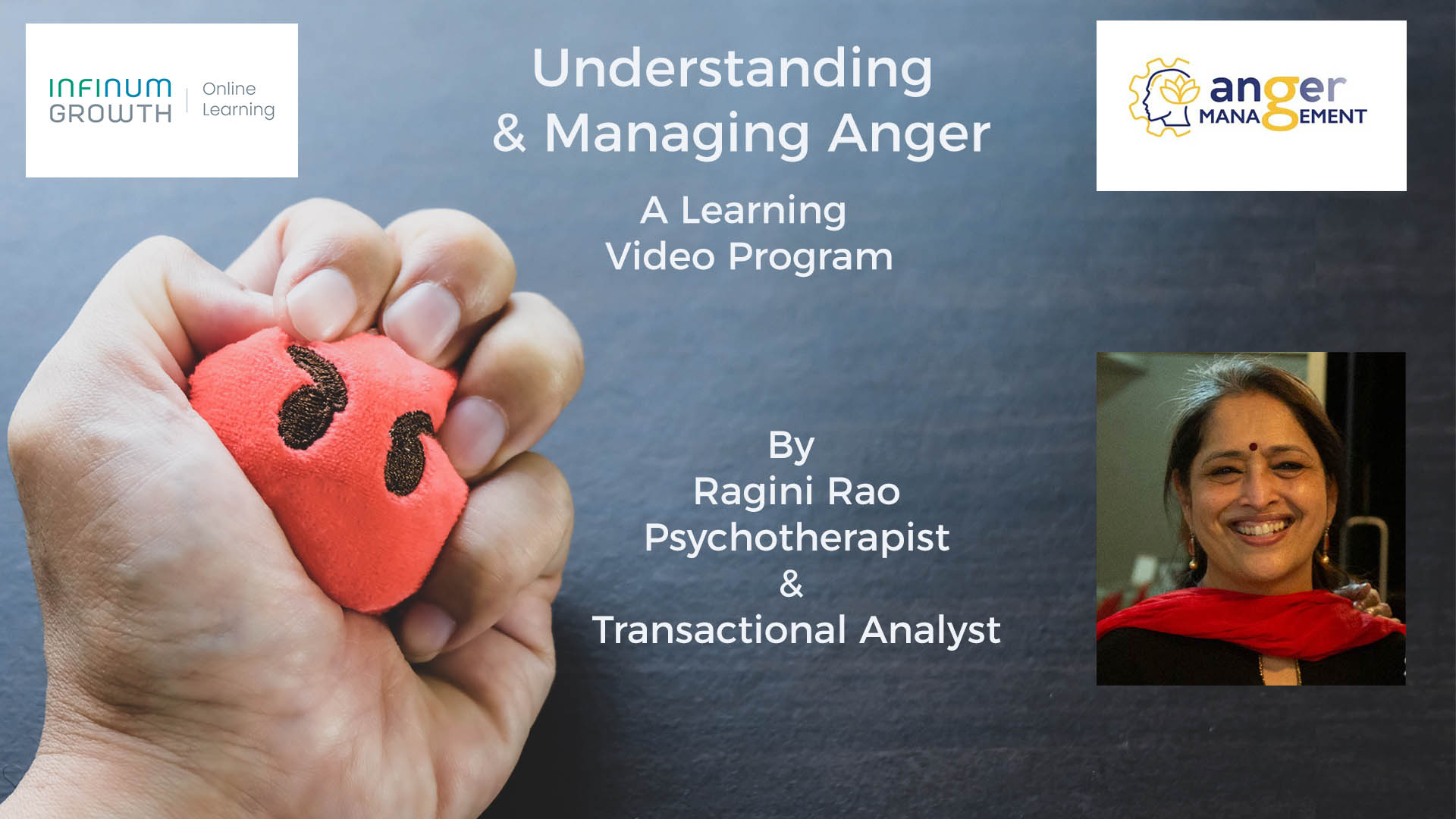If you don’t care for the customer, someone else will!
Without sounding cliched – this is a reality. In a world full of choices, one bad customer experience is all that it takes for a customer to reject a brand. Customer Service is a critical part of the customer experience and is only as good as the frontline team’s attitude and capability.
How often have you not encountered situations where you call the customer service call centre of a service provider and narrate a problem.The call centre agent listens, asks a few standard questions to identify you and comes up with an irritating standard response almost denying you have a problem. You get into an argument and the person promptly puts you on to a supervisor. The supervisor, in turn, listens and gives you the same robotic response. Eventually, you are asked to send a mail, which also evokes some typical response…..and it goes on.
Companies start customer service departments with good intentions and a good philosophy. The staff are trained on aspects such as being nice, polite and patient with customers but often, they are not equipped adequately to resolve an issue in a single call. Hence the kind of situations explained above.
While patience and empathy are great qualities to give comfort to the customer, a customer expects the frontline team to have good communication skills, adequate knowledge about the product, a good understanding of reasons for issues that come up, reasonable empowerment to resolve the issue and the willingness to go the extra mile to solve the problem.
Selection and Training
Organisations therefore need to put some good thought into putting the right frontline team in place.
To start with, while selecting the team, companies need to ensure that the interviewer has the ability, experience and tools to look for the right attributes in frontline candidates, in terms of
- Basic language skills
- Logical thinking capability
- Responsiveness to situations
- Ability to understand product/service functionality
But that’s not enough….
Core Training needs
Once selected, over and above soft skills training such as polishing language and diction and the product and process training, a lot of emphasis needs to be put on training the candidate about the customer service philosophy of the company; through role-playing and exposure to different kinds of situations that keep coming up.
I have always believed that if the ‘pupil has not learnt, the teacher has not taught.’ Hence having the right trainer is critical for the learning to be comprehensive – both on the behaviour and knowledge front.
Management must walk the talk
A one time training is never adequate. People come from different back grounds and it is impossible to assume that a few days of formal training is adequate to equip them fully.
This is where I believe that certain cultural aspects within an organisation are essential to ensure every individual is truly customer-centric and responsive.
Some key essentials in organisational culture are
1. Customer centricity as the Leadership’s vision
Few years ago, I read a book called Moments of Truth written by Jan Carlzon, President & CEO of Scandinavian Airlines from 1981-1994. He ensured all employees were aligned with this Vision as well as empowered and leaders were tasked to ensure it happened. He further made sure that every individual recognised that customers and employees were the companies only true assets.
I call this advocacy from the top. When there are customer issues, leaders must take the lead irrespective of roles and help resolve issues or face customers.
2. Promoting a Customer Centric Culture
If an organisaton is customer-centric, this would reflect in the experience the customer receives. Beyond framing a few posters and having a guest speaker talk about customer centricity once in a while, ensure that people across the organisation live that way.
From designing processes which keep customers in focus to appreciating the little successes each day by spontaneously recognising employees for the right behaviour, the organisation ensures that it is a positive reinforcement whenever employees display such behaviour. The Human Resource function could play a key role while reinforcing a customer-centric culture.
3. Celebrating the best experiences
Creating a program wherein employees are recognised for going the extra mile is a sure shot way of reinforcing customer-centric behaviour. I recall Vodafone India had a powerful program called Vodafone Tales, wherein people who went out of their way to help customers were recognised. This created a culture not only within the organisation, but also to the extended arm where a large part of Customers were being taken care of by Service partners.
4. A secure work environment
We see and hear of number of situations where employees are not sure of their work environment. This uncertainty leads them to be unstable/lacking in confidence while dealing with different situations.
Take a situation where companies are forcing attrition – employees in such a situation will not be able to provide good customer service. The job insecurity is bound to result in poor or below average experiences for the customer. Sometimes such employees could also be rude. Hence, it is imperative to see how employees are treated during such situations.
5. Back end support
The frontline would only be as good as the support he/she receives from the rest of the organisation. A number of times the resolution is not in the control of the individual, but someone or a process that needs to be worked around. This is where empowerment becomes a key factor. Sometimes companies change policies or create them for a reason and all the executive is able to state is ” the terms and conditions” or “company policy” states the following. This is why the people in policy making work must have some frontline exposure.
6. Frontlining
This is a process where every key leader or decision maker that influences customer experience, lives the life of a customer service executive for a day in a quarter/month. By doing so he/she becomes sensitive to customer issues and their implication on the brand; especially, when the company is making changes, like say, its loyalty program.
Leaders/program managers must listen to calls or get the real life feel for the changes. This would also help them in providing answers to frequently asked questions from customers and also reinforce the message to the frontline that “We are With You.”
As organisations get more automated and customers also experience the advent of digitisation, the role of human interaction may reduce.
But not entirely; whenever the need arises for an individual to respond to queries or troubleshoot issues – the need to be customer-centric would be paramount.
The savings companies generate by moving routine aspects to automated systems/IVRs etc must translate into better trained and equipped teams to handle the issues of customers which machines cannot resolve.
Also read
Consumer Services – Don’t lose consumers to poor customer experience
Please do leave your comments at the bottom and do share with others if you like this article.















Well articulated Dinesh .. agree with you 👍